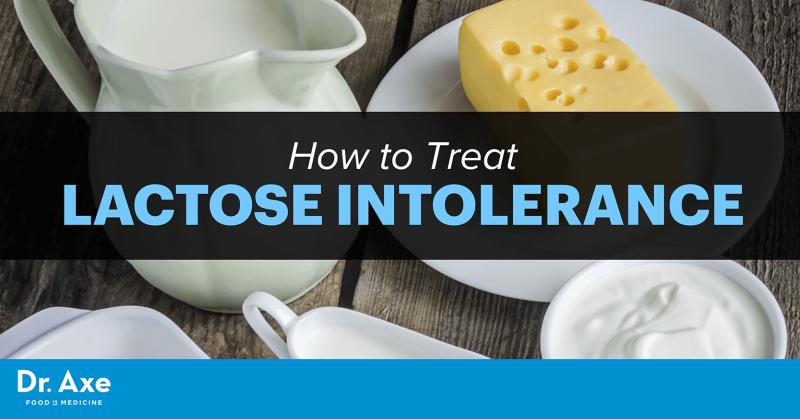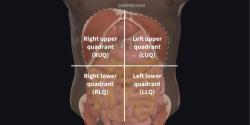How to treat lactose intolerance symptoms at home?
While there is no cure for lactose intolerance, there are several home remedies and lifestyle changes that can help manage symptoms. Here are some tips for treating lactose intolerance symptoms at home:
Limit Dairy Consumption:
- Reduce the amount of lactose-containing foods and beverages in your diet. Gradually reintroduce small amounts to assess your tolerance levels.
Choose Lactose-Free Products:
- Opt for lactose-free or low-lactose versions of dairy products, which are available in most grocery stores. These products have the lactose partially or completely broken down.
Use Lactase Supplements:
- Lactase supplements are available over the counter and can be taken before consuming dairy products. These supplements contain the enzyme lactase, which helps break down lactose in the digestive system.
Consume Dairy with Other Foods:
- Eating dairy products with other foods can sometimes help reduce symptoms. For example, try having cheese with crackers or milk with a meal.
Choose Fermented Dairy:
- Fermented dairy products, such as yogurt and kefir, contain beneficial bacteria that help digest lactose. Some individuals with lactose intolerance find these products easier to tolerate.
Experiment with Dairy Alternatives:
- Explore non-dairy alternatives such as almond milk, soy milk, or lactose-free milk. These products can often be used in place of regular milk in recipes.
Gradual Exposure:
- Gradually expose your digestive system to lactose-containing foods to build tolerance. Start with small amounts and monitor your body's response.
Stay Hydrated:
- Ensure you stay well-hydrated, especially if diarrhea is a symptom of lactose intolerance. Drink plenty of water to prevent dehydration.
Be Mindful of Hidden Lactose:
- Lactose can be present in unexpected places, including certain medications, processed foods, and even some bread and baked goods. Check food labels for hidden sources of lactose.
Consider Probiotics:
- Probiotics, which are beneficial bacteria, may help improve digestive health. Some individuals with lactose intolerance find relief from symptoms by incorporating probiotic-rich foods or supplements into their diet.
Keep a Food Diary:
- Track your diet and symptoms in a food diary to identify specific foods that trigger symptoms. This can help you make more informed choices about what to eat.
Consult a Dietitian:
- A registered dietitian can help you plan a balanced diet that meets your nutritional needs while managing lactose intolerance symptoms.
It's important to note that the severity of lactose intolerance varies among individuals. While these home remedies may be effective for some, it's advisable to consult with a healthcare professional, such as a gastroenterologist or a registered dietitian, for personalized advice and guidance based on your specific symptoms and needs.
Sure, here are some strategies for managing lactose intolerance:
Implementing Lactose-Free or Reduced-Lactose Dairy Products
Lactose-free and reduced-lactose dairy products are a convenient and effective way to manage lactose intolerance. These products have had the lactose enzyme pre-digested, making them easier for individuals with lactose intolerance to consume without experiencing symptoms.
Types of Lactose-Free or Reduced-Lactose Dairy Products:
- Milk
- Cheese
- Yogurt
- Ice cream
- Sour cream
Consuming Lactose-Digesting Enzymes as Dietary Supplements
Lactose-digesting enzymes, also known as lactase supplements, can be taken as dietary supplements to help break down lactose in dairy products. These supplements are typically available in tablet, capsule, or chewable forms.
Recommendations for Using Lactose-Digesting Enzymes:
Take lactase supplements before consuming dairy products.
Start with a low dose and gradually increase it as needed.
Choose a lactase supplement that is of high quality and contains a sufficient amount of lactase enzyme.
Managing Symptoms with Over-the-Counter Remedies and Dietary Modifications
For individuals who experience mild lactose intolerance symptoms, over-the-counter remedies and dietary modifications may be sufficient to manage their symptoms.
Over-the-Counter Remedies:
Probiotics: These are live bacteria that can help improve lactose digestion.
Simethicone: This can help reduce gas and bloating.
Dietary Modifications:
Gradually introduce lactose-containing foods into your diet to increase tolerance.
Consume lactose-containing foods with other foods to slow down lactose absorption.
Choose lower-lactose dairy products, such as yogurt and hard cheeses.
Additional Tips for Managing Lactose Intolerance:
Keep a food diary to identify which dairy products trigger your symptoms.
Avoid lactose-containing foods when you are most likely to experience symptoms, such as before an important event.
Talk to your doctor if your lactose intolerance symptoms are severe or do not improve with lifestyle changes.












